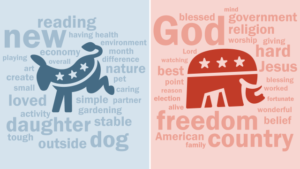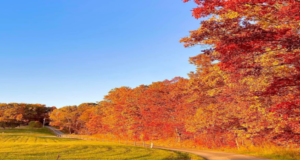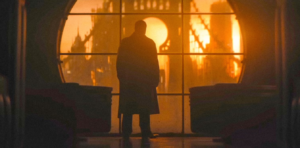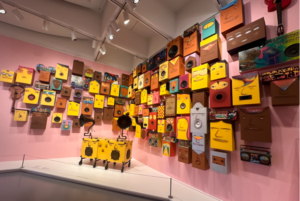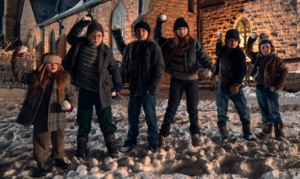Do You Know a Refugee?
Guest Commentary
Andrew Ceacatura
Catholic University Alum, 2015
The Syrian Refugee Crisis has been a significant news item that has led to great debate in regards to how the refugees should be handled. I am not here to make any arguments for or against the acceptance of refugees. However I do want to add a human face to the equation because many are disconnected from the true idea of what it really means to risk and give up everything dear to your heart just to flee your country. In our privileged lives, it can be hard to look at these struggling people and see someone we love. However, looking into the eyes of these refugees, I see somebody I know.
My father was born in Romania. During the first three decades of his life, he was a passionate and highly accomplished concert pianist and music teacher. He had a loving wife who had just given birth to my older brother. Life was good by all accounts. However, there was an infamous, paranoid and egomaniacal dictator in charge of the country named Nicolae Ceausescu. He ruled with a horrific totalitarian style that made life very difficult for people like my father. Electricity and heat cuts led to power failures in hospitals and to some allegedly freezing to death in their own homes. There were food shortages that led to long lines for food. Ceausescu forcibly removed people from their homes and destroyed 20% of the capital city, Bucharest. He banned as many Western influences as possible, such as movies, music, books, etc. He even infamously banned typewriters. He idolized the leaders of China and North Korea and their abilities to control a population and establish a cult of personality. He held massive parades and rallies designed to praise him, and while the Romanian people were starving, he constructed a Presidential palace that is now the 2nd largest building by volume in the world. He enforced his ideals with the brutal secret police, the Securitate, which caused citizens to turn on each other, while protesters could be expected to be met with a wall of bullets that killed thousands.
My father was not the kind of person that would mold to this regime. He would sneak out of his hometown to avoid performing in the propaganda parades, he would try to get as close to the border as possible to try to obtain signals from Italian radio stations and television channels. He would try to obtain copies of records and films from the West when he could. The remarkable stories go on. It was very clear that the situation in Romania was a poor environment to raise a family. He saw a very desolate future for my brother in Romania. My father was not a refugee, but he did face the refugee dilemma; he had to assess how bad of a situation he was in within his home country and make the heartbreaking choices on how far he would go to escape them for a better life. In 1981, after years of waiting, my parents were able to get onto a list to leave the United States. However, my father had to sacrifice his entire livelihood as he never performed again in the United States. He had to leave behind friends and family, many of whom he never saw again. Worst of all, they wouldn’t let my brother come with him. You read that correctly, my parents had to leave their only son back in Romania in the hopes of establishing themselves in the United States and eventually bringing their son whom, which they successfully accomplished one year after arriving in the United States.
Today every Syrian has to chose whether they want to live under the brutal Assad regime, live under the rule of ISIS, or drop absolutely everything, including your family, friends and career, and flee with whatever you can carry. It is important to ask yourself “how bad do things have to become for someone to give up absolutely everything to leave?” So when people look into the eyes of these refugees and see a “coward,” “threat,” “extremist” or “terrorist,” it hurts.
It hurts because I look into the eyes of a refugee, and I see “Dad.”

